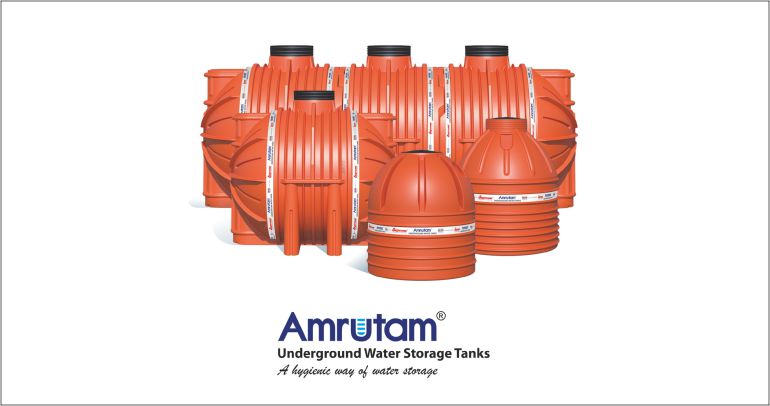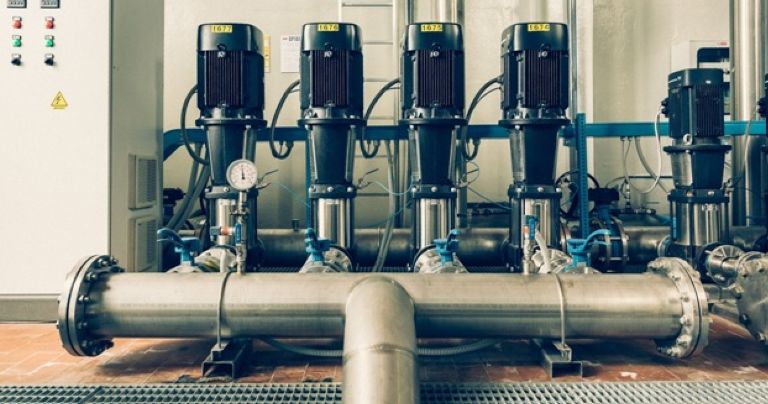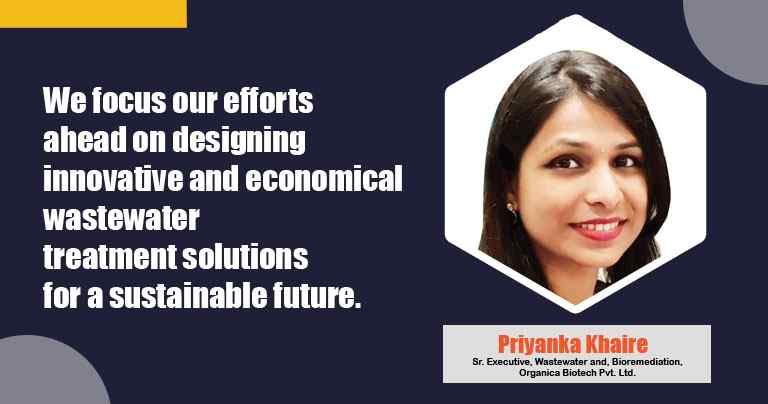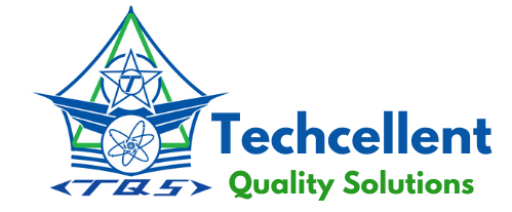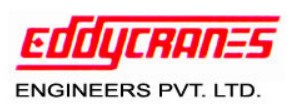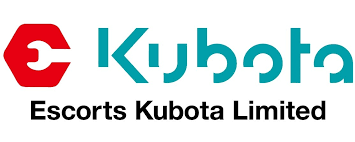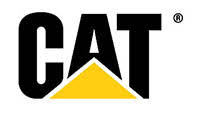Water security through integrated water management
By Edit Team | July 18, 2016 6:37 am SHARE
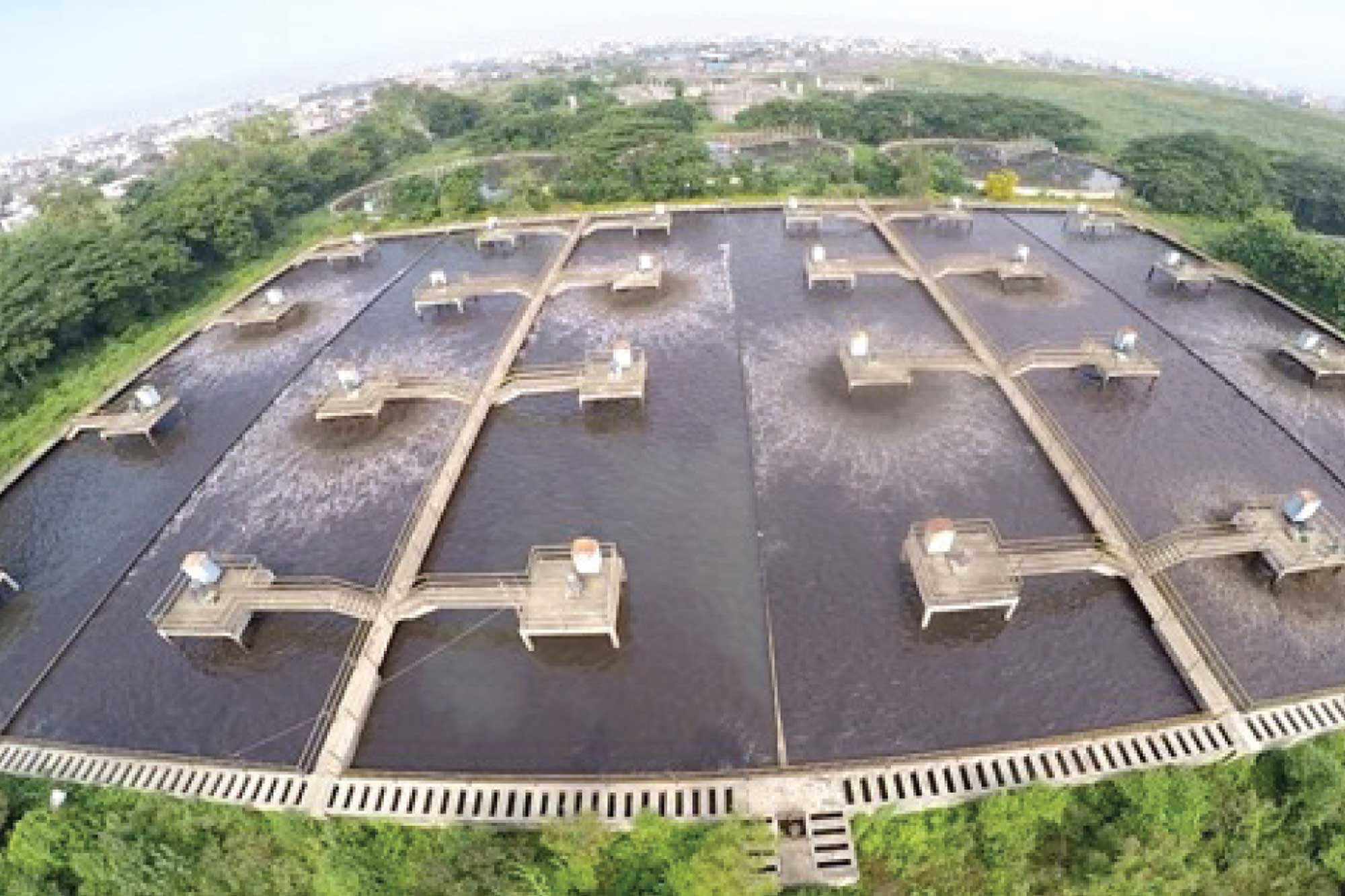
A case study on how Vishvaraj Infrastructure made 24×7 water supply in Nagpur a dream come true
Today the cities are facing daunting challenges for the basic amenities, and water management is one of the most serious concerns. Potable water from pure sources is limited and the volume of wastewater is growing. City dwellers in many areas of our country lack good-quality sufficient water owing to the growing population and the ever growing demand for water.
As cities hunt for new sources of water from upstream and discharge their effluent downstream, surrounding towns and cities suffer the effects. This being the situation today; tomorrow will bring worse situations from climate change and the continued growth of cities.
Traditionally, India has been well endowed with large freshwater reserves, but the increasing population and overexploitation of surface and groundwater over the past few decades has resulted in water scarcity in some regions.
We are already encountering extreme weather conditions from droughts to storms, which is causing pressure on the urban water management system. Contamination of surface and groundwater resources is rampant in rural/urban India with wastewater entering fresh water bodies or seeping into groundwater.
An integrated approach is needed to manage the water and wastewater treatment so that water supply is kept clean and wastewater is recycled for beneficial use in agriculture and industry.
On one hand, the urban water system in India is marred by limited water resources, ageing infrastructure, non-revenue water (NRW) losses resulting in contaminated and irregular water supply. On the other hand, contamination of surface and groundwater resources is rampant in rural/urban India with wastewater entering fresh water bodies or seeping into groundwater.
The goals of an integrated urban water management should be to ensure access to safe water, minimising the losses in the urban water supply system and making a more efficient water supply system; managing, treating and reusing the wastewater to control pollution of the stressed water sources and preventing waterborne diseases.
Reuse of wastewater as part of integrated water management is the need of the hour for sustainable water management. There are many benefits pertaining to reuse of treated water from a societal perspective; in the face of growing water scarcity, using sewage treated water (STW) for Industries, alleviates the competing demands on freshwater from industry and households. In particular, it frees up potable water for the growing drinking water demands. By diverting sewage that would otherwise be pumped into freshwater bodies or the sea, STW helps reduce pollution and the health risks. There is an untapped potential that is to be harnessed in order to encash this opportunity leading to sustainable environment.
Reusing the sewage for industries along and making our water supply systems efficient by reducing the leakages in the system, making the systems more automated and creating awareness amongst the people can help us curb the water scarcity.
This twin approach to tackle the growing water demand has been adopted for the city of Nagpur in Maharashtra. Vishvaraj Infrastructure Ltd is implementing full city continuous water supply project and sewage treatment plant with reuse for thermal power plant for the city. The city is moving towards an improved water supply system with leakage and water loss reduction upto 25 per cent bringing more water in the system for the people whilst also the treatment and reuse of 200 MLD of sewage generated by the city will bring 200 MLD of additional water for the city.
This dual approach of saving the water will make the city water sufficient for coming 15 to 20 years without adding any other further water for the city from what is available for the city today.
Both these projects are being implemented on public-private partnership basis with the private operator investing into the project and being accountable for the performance, quality and quantity of water. Also, sewage treatment which is a cost centre for any municipal authority will become a profit centre for Nagpur Municipal Corporation as they will earn through the sale of treated water to the thermal power plant.
The projects are being successfully implemented with the on boarding of the largest stakeholder – the people. Public awareness programs and communication initiatives have helped convey the objective and benefits of the projects to the citizens.
While some stakeholders have reservations about the PPP model, citing its failures in some sectors, it should be borne in mind that specific barriers were responsible for this. In the case of water projects, these need to be viewed as social projects, rather than merely being commercial contracts. Indeed, in such cases, the public-private partnership model needs to have a fourth ‘P’: people.
We need to innovate and implement sustainable solutions to curb the water growing crisis. While poor monsoon is to be blamed for this crisis, one cannot ignore the country’s hitherto indiscreet and inconsiderate use of fresh water, and a gross lack of understanding of the essentiality of treatment of waste water.
This twin approach can be replicated for almost all our cities as every city has similar problems like water supply system marred with leakages owing to lack of maintenance, untreated sewage, water shortage and need of water for industrial use that can use treated water.
Authored by__
Arun Lakhani, CMD, Vishvaraj Infrastructure Ltd
Cookie Consent
We use cookies to personalize your experience. By continuing to visit this website you agree to our Terms & Conditions, Privacy Policy and Cookie Policy.



